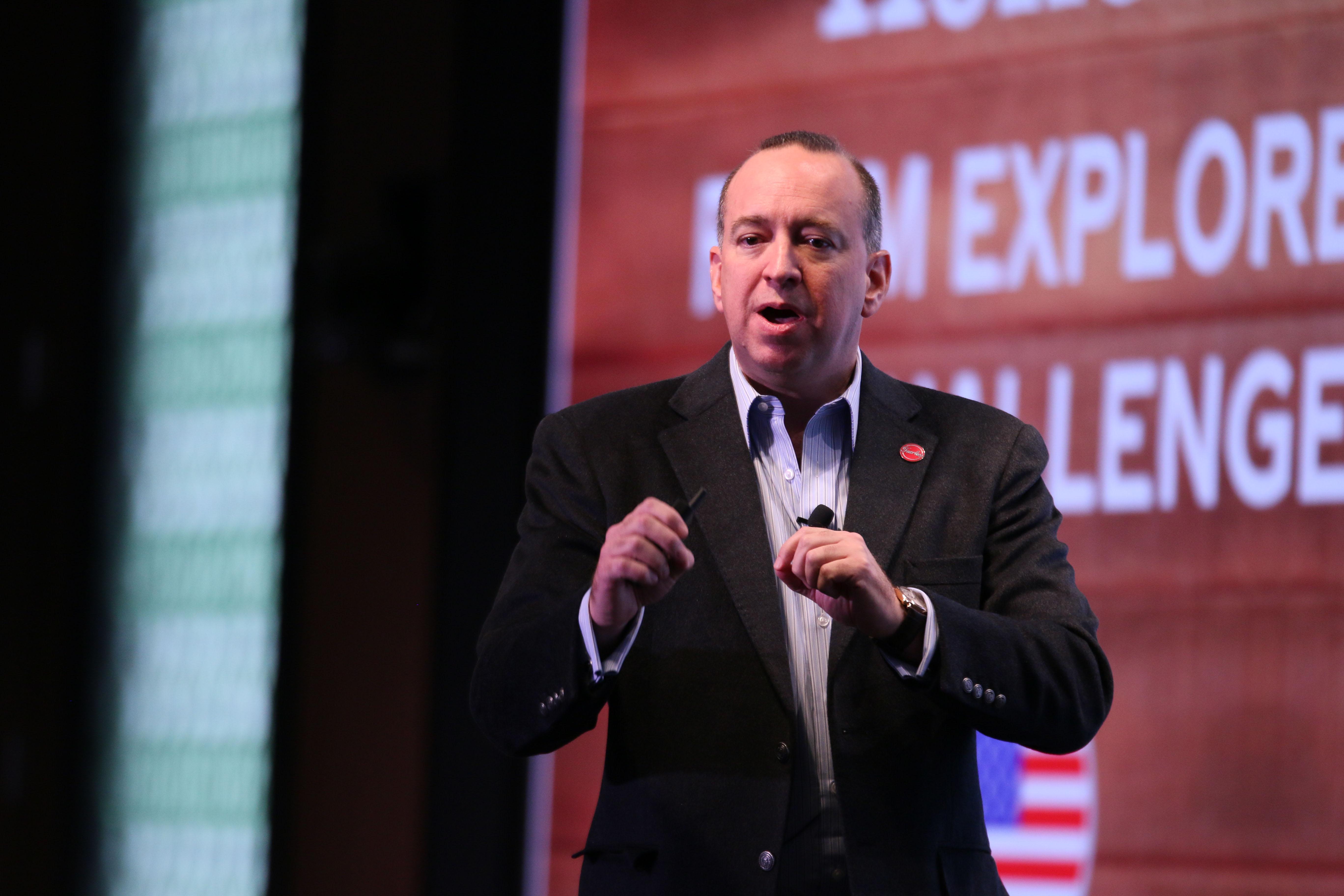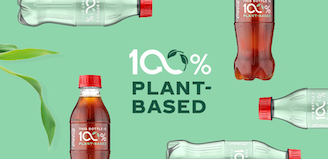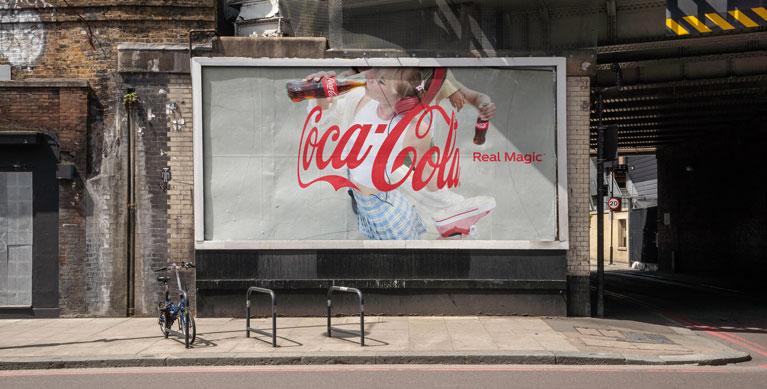
Success, Failure and Zombie Hunting
Maintaining Our Growth Momentum By Refining Our Portfolio
07-25-2018
Few things in business are more frustrating to me than when I see failure without learning. While failures are inevitable, it’s a waste if we don’t use failure as a basis to learn and improve.
When we don’t learn, we end up with zombies.
Here’s what I mean. Most businesses have what is called a long tail, which is the bottom end of the lineup that delivers low or no results. These are zombie products or projects.
At Coca‑Cola, we’ve developed a guide to help our markets identify and kill zombies using a disciplined process. We have started issuing quarterly zombie lists to our top 32 markets. Our CEO, James Quincey, has requested zombie reviews as part of overall business reviews, every time he visits a market.
Our primary focus is on products and packages that, despite our best intentions and efforts, have not grown over a three-year period. They are only distracting our attention and misusing our resources.
It seems almost intuitive that smart people would eliminate zombies. However, we see that even in some of the best companies, zombies exist side-by-side with rock stars.
The question is, why? Human nature?
One of the hardest things for most people is to strike the delicate balance between pride and discomfort. Pride feeds confidence, and confidence is essential to belief, which is the key to leadership.
"Our primary focus is on products and packages that, despite our best intentions and efforts, have not grown over a three-year period. They are only distracting our attention and misusing our resources." - Francisco Crespo
On the other hand, discomfort creates improvement.
In our industry, research shows that it takes about a decade for a brand to become a leader. Most brands don’t make it.
Good business leaders embrace failure in a way that makes them stronger.
Now, let’s be clear: It is perfectly OK to fail. It is not OK to not know why. When we experiment, we focus on learning. If something works, we should scale up the idea. If we learn something doesn’t work, we need to stop doing it.
This last part – stopping – is hard, as we see hope in everything we do. But doing things we know do not work or repeating an experiment without conclusive learning is a futile exercise. And this creates zombies.
Well-meaning leaders keep zombies based on hope and often misplaced optimism that maybe, one day, the zombie will come to life. Reputational risk is another factor – the risk of being seen as someone who made the wrong call.
"Zombie-infested organizations often say, 'There is no harm in keeping this product.' The reality is that the unseen costs of zombies actually harm an organization." - Francisco Crespo
But perhaps the most pervasive reason is complacency – of not cleaning the pipeline because it brings no glory. Over time, weak organizations develop a “culture of explanation,” which is the ability to justify in exhausting detail any issue, while being paralyzed to drive action to make things better. In all cases, the enterprise pays the price of inaction, in the form of misallocated resources – both in time and money.
Zombie-infested organizations often say, “There is no harm in keeping this product.” The reality is that the unseen costs of zombies actually harm an organization. Imagine the costs related to material management and procurement, production, inventory costs, distribution, salesperson time and, most of all, the opportunity cost of putting a better product in its place.

Recently, our Brazil business unit boldly identified zombie brands and is in the process of writing them off. Our Middle East and North Africa business unit identified 125 zombie SKUs and is now well on its way to eliminating them.
Perhaps one of the best zombies in our company’s history was New Coke, which was the result of a carefully thought-out strategy that was extensively researched and powerfully executed. It’s often called the most successful brand failure, as it catapulted original Coca‑Cola to new growth momentum.
The lesson of New Coke was not so much the conviction to launch it but the courage to withdraw it after less than 80 days. We know how to kill zombies!
Francisco Crespo is Chief Growth Officer at The Coca‑Cola Company.


